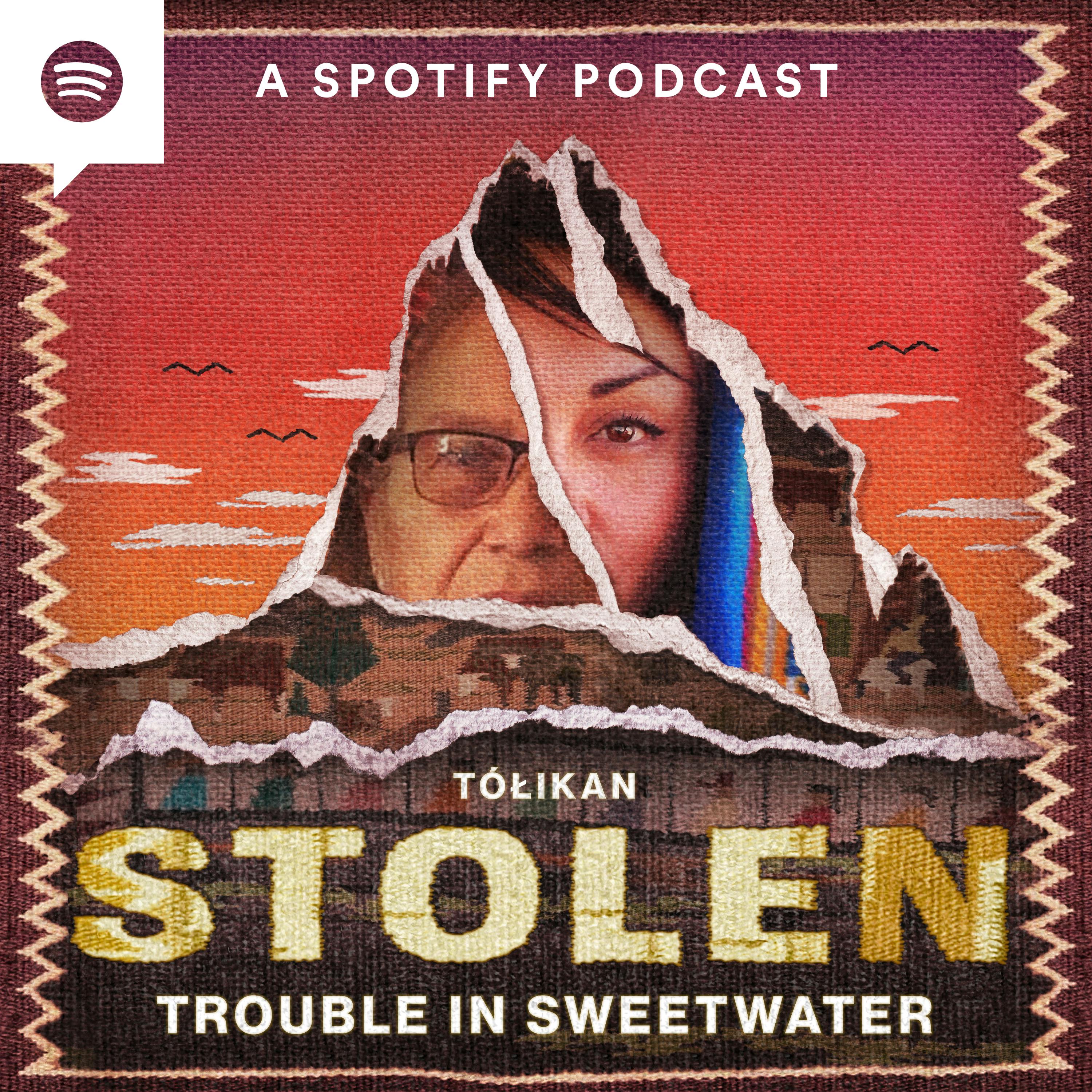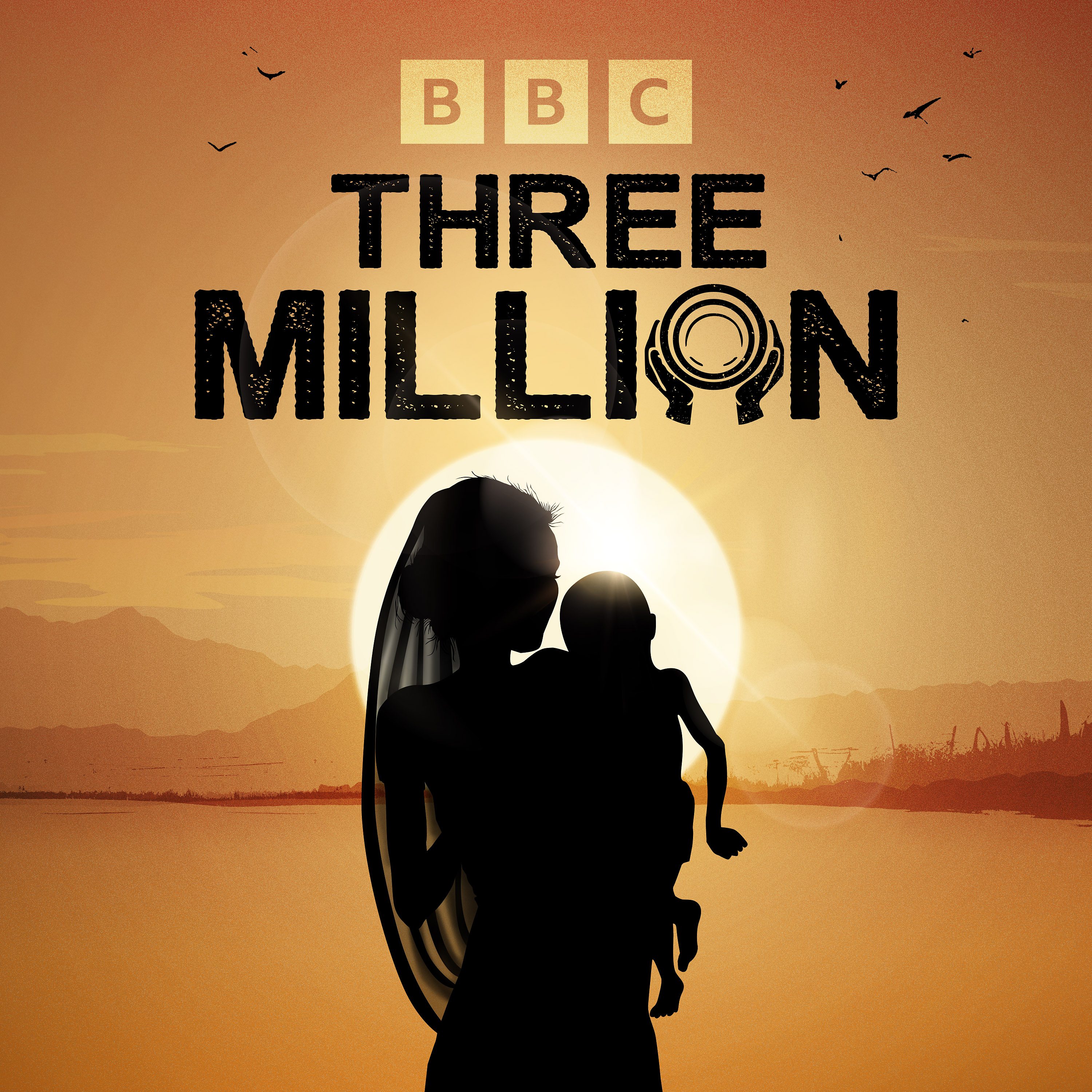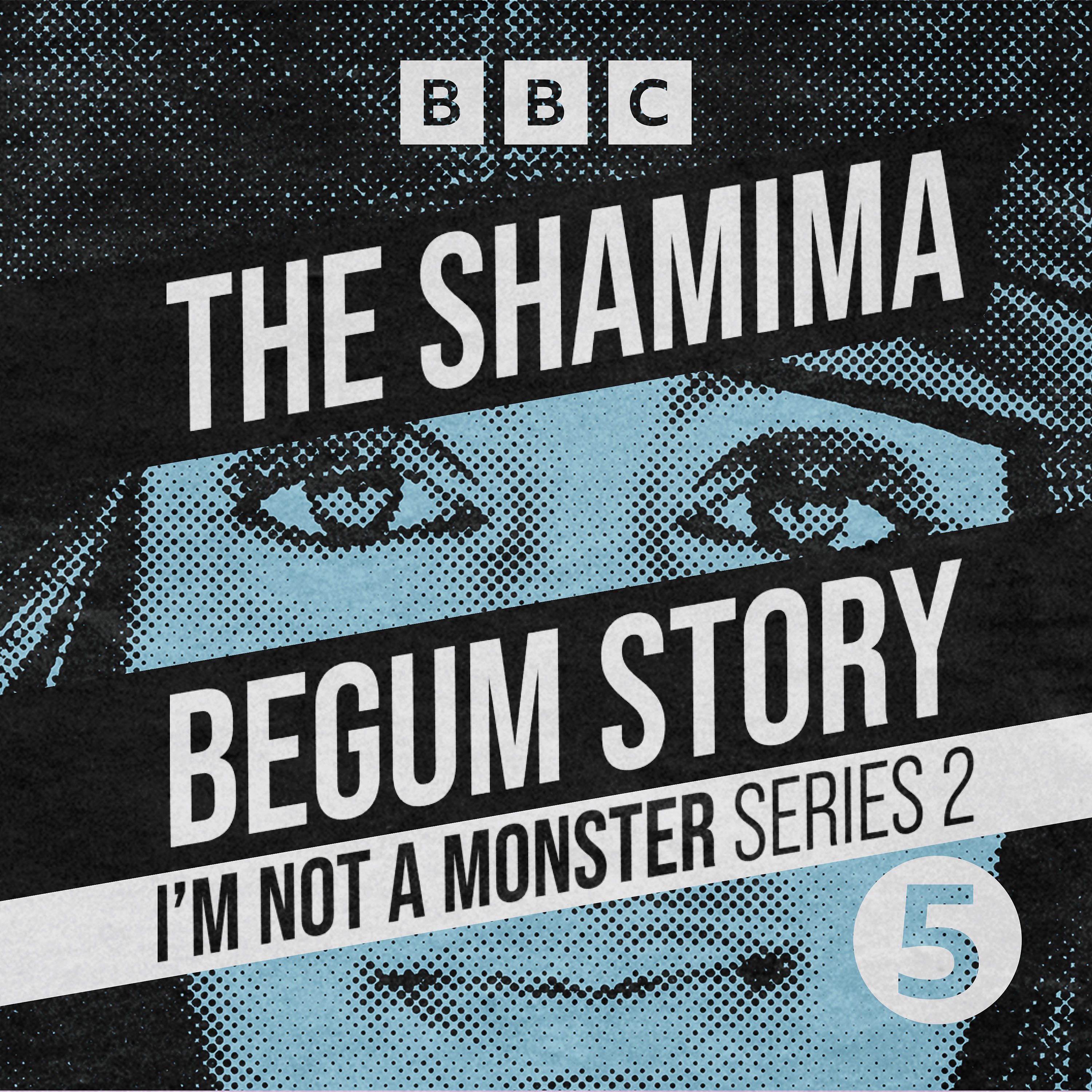
Nepal Now: On the Move
We're talking with the people migrating from, to, and within this Himalayan country located between China and India. You'll hear from a wide range of Nepali men and women who have chosen to leave the country for better work or education opportunities. Their stories will help you understand what drives people — in Nepal and worldwide — to mortgage their property or borrow huge sums of money to go abroad, often leaving their loved ones behind.
Despite many predictions, migration from Nepal has not slowed in recent years, except briefly during the height of the Covid-19 pandemic. About 1 million Nepalis leave every year to work at jobs outside the country. Tens of thousands go abroad to study. Far fewer return to Nepal to settle. The money ('remittances') that workers send home to their families accounts for 25% of the country's GDP, but migration impacts Nepal in many other ways. We'll be learning from migrants, experts and others about the many cultural, social, economic and political impacts of migration.
Your host is Marty Logan, a Canadian journalist who has lived in Nepal's capital Kathmandu off and on since 2005. Marty started the show in 2020 as Nepal Now.
Nepal Now: On the Move
Thank you, and good bye
What do you think? Send us a text
Hi everyone. Thanks for joining me for this new episode of Nepal Now. I’m Marty Logan.
You might have noticed that this is an extra short episode. Frankly, that’s because it will be the last one. After 3 years I’m saying goodbye. Why? Put simply, I don’t have the energy to keep the show going any more.
I didn’t want to announce this at the end of the last full episode, because then I wouldn’t have had the chance to say this: Thanks to all of you who are listening and to everyone who ‘tuned in’ for one or more of the 64 episodes. I hope you took something away from the experience. I certainly did. I ‘met’ a lot of people, most of them online, as you do in this globalized world in the era of Covid-19. I especially appreciate the chats I had with younger guests — which is most of them : -). I think their approach to life rubbed off on me a little, and that’s a good thing.
If I have one regret it’s that I wish Nepal Now had been a little more entertaining, as opposed to informative. My journalism, mainly reporting on women and children’s health and on human rights, often focuses on serious topics but, personally, I appreciate a good laugh. Looking back, I think that I should have included more of them in this work... Next time, I hope.
A very big thank you to all of my guests, young and old, for sharing their time. I will single out the first guest, Nayantara Gurung Kakshapati, who very easily said yes to my invitation — and even loaned me an audio recorder afterwards. Special thanks to Lori, Shayne, Thom and Nicole, for encouraging me to keep going when I got discouraged way too early in this project. And to Suraya for helping me with social media, especially Instagram, where I was a total newbie. My biggest thank you goes to Niku, who was my advisor on all things Nepali, an insightful critic of my first drafts, and my biggest supporter.
This might sound strange given that I’m ending Nepal Now, but I feel like doing this podcast helped to spark my creativity in recent years. I have always enjoyed audio as a medium for journalism and hope to continue using it in my future work. Till then, you can find me on social media and check out my latest work on my Linktree — I’m martydlogan. You will be able to listen to any episodes of the show that you’ve missed on your podcast app until mid-July. After that, they’ll have a home on YouTube — look for @NepalNowPod.
Speaking of chuckles, I want to leave you with an outtake from another podcast I’ve hosted — Strive, by IPS News.
Bye for now.
Send us feedback and ideas. We'll respond to every message:
LinkedIn
Instagram
Facebook
Voicemail
Music by audionautix.com.
Thank you to Himal Media in Patan Dhoka for the use of their studio.






